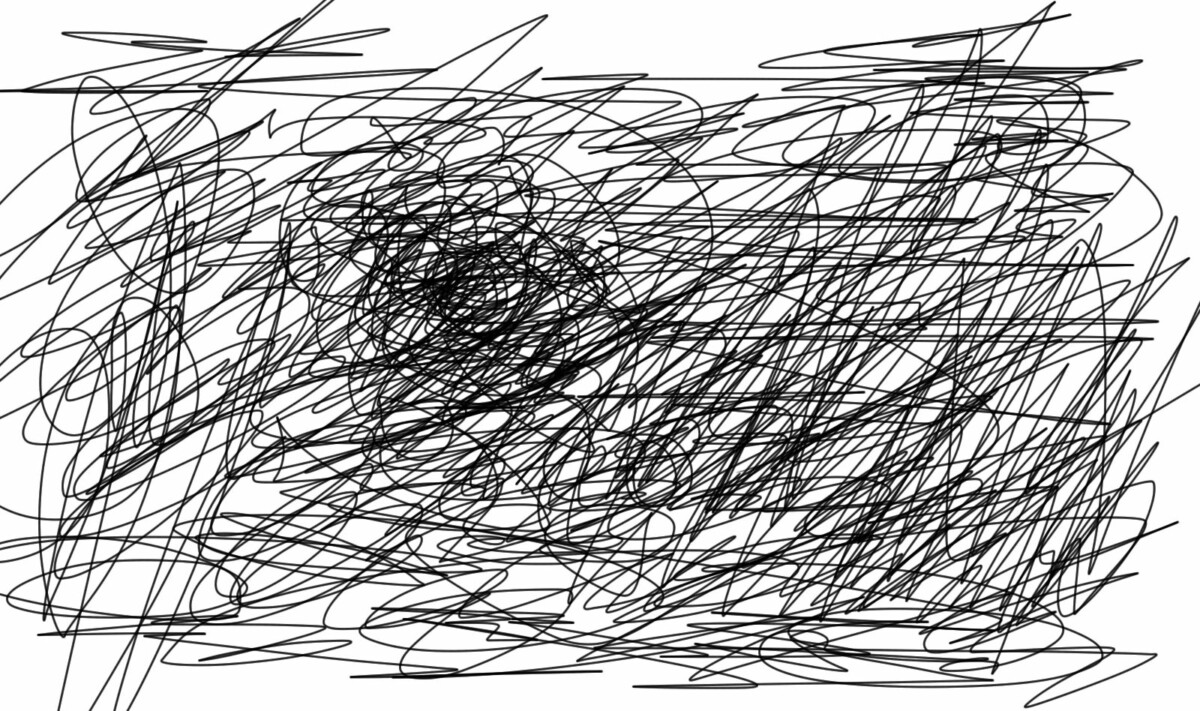

The beginning of 2023 in Ukraine turned out to be very eventful as far as anti-corruption exposures, suspicions, and shifts in cases against corrupt officials are concerned. Let’s find out what happened and what conclusions can we draw from it.
So, in addition to the reshuffle in the government, there are two more important topics on the agenda: the procurement scandal of the Ministry of Defense and the exposure of Mr. Lozynskyi while receiving a bribe.
Last week, Ukraine was rocked by a food and procurement scandal in the Ministry of Defense. It all started with the fact that journalists accused the MoD of buying food for the military three times more expensive than the prices in supermarkets. In response, Oleksii Reznikov called it an attempt to discredit the Ministry of Defense before an important meeting in Ramstein, where the supply of tanks to Ukraine was discussed. MPs initiated a law on partial disclosure of procurement data under martial law. As it became known, the NABU began to investigate the alleged crime even before the case became public. What violations there are, if any — we explained here.
This scandal not only caused serious indignation in society, but also prompted personnel changes. On January 24, Deputy Minister of Defense Vyacheslav Shapovalov resigned, and Director of the Procurement Department of the Ministry of Defense Bohdan Khmelnytskyi was dismissed from his post.
At the same time with the scandal in the Ministry of Defense, an equally resonant event developed — on January 21, the NABU detained Deputy Minister of Communities, Territories and Infrastructure Development of Ukraine Vasyl Lozynskyi. He is accused of receiving a bribe in the amount of USD 400,000 on the procurement of generators. On January 22, the government dismissed Lozynskyi from office. And on January 24, the HACC arrested the alleged organizer of the transfer of a bribe to Lozynskyi, Serhii Kryvyi, with an alternative to bail of UAH 100,000,472; his accomplices Mykola Lukashyk and Roman Kintera were assigned UAH 27 million and more than UAH 800,000, respectively. Lozynskyi was released by the Anti-Corruption Court without bail, but the SAPO has already stated that it will appeal this decision.
Among other high-profile cases in January are Andrii Kobolev’s bonuses. On January 19, NABU-SAPO served ex-head of Naftogaz Andrii Kobolev with charges. He is suspected of misappropriating more than UAH 229 million in 2018. He allegedly issued a bonus order for employees, on the basis of which he was paid USD 10 million for extraordinary achievements. The HACC refused to take Kobolev into custody, but the SAPO has already decided to appeal this decision.
Moreover, in the first month of the year, we regularly hear about suspicions to MPs of false declarations. Among them are: Kamelchuk, Herasymov, Shol.
Meanwhile, anticorruption agencies continue to get stronger at the epicenter of this January anti-corruption storm. Thus, the competition for the election of the head of the NABU is advancing. The commission has already announced 22 candidates who have passed to the interview stage. However, the competition for the election of the ARMA head keeps silent. We expect that the commission will resume its work in the near future.
So, let’s summarize. The presence of high-profile anti-corruption investigations, of course, indicates the active work of anti-corruption bodies. One of the impetuses for this activation was the appointment of the head of the Specialized Anti-Corruption Prosecutor’s Office in the summer of 2022. In particular, thanks to this, we are now seeing the results of the work of NABU-SAPO. Journalists and the public played an important role in the anti-corruption exposures; thus, the facts that were beyond the attention of law enforcement officers were made public.
Corruption is an internal enemy, the fight against it continues and is always relevant. Of course, under martial law, when a lot of information is concealed from the public, it is easier to hide “schemes” or “kickbacks.” And this harms the international image of Ukraine.
However, Ukraine has shown that it can resist not only the army of russia, but also corrupt officials. And to do this efficiently, we must complete the competitions for the NABU and ARMA leaders, reform the constitutional justice system, restore e-declarations and, ultimately, open up data that do not pose a threat to security so that journalists and the public can effectively control the activities of the authorities.






